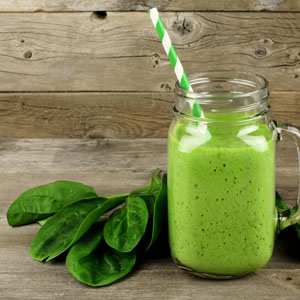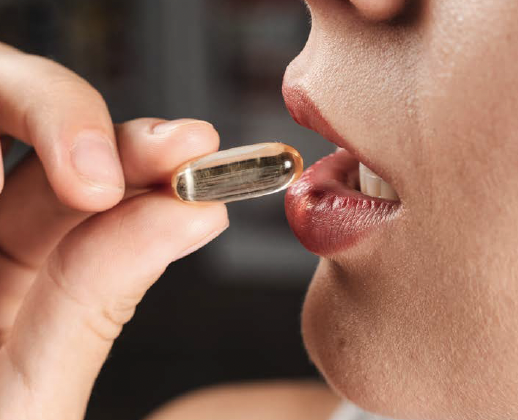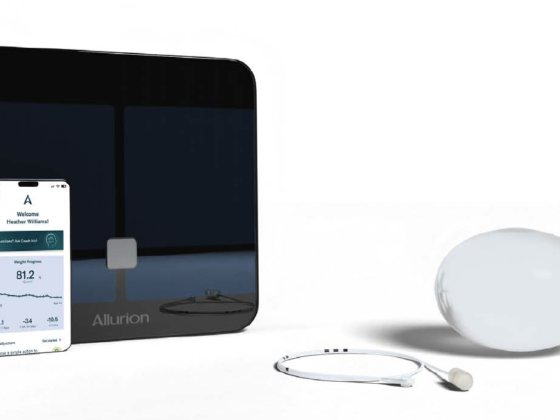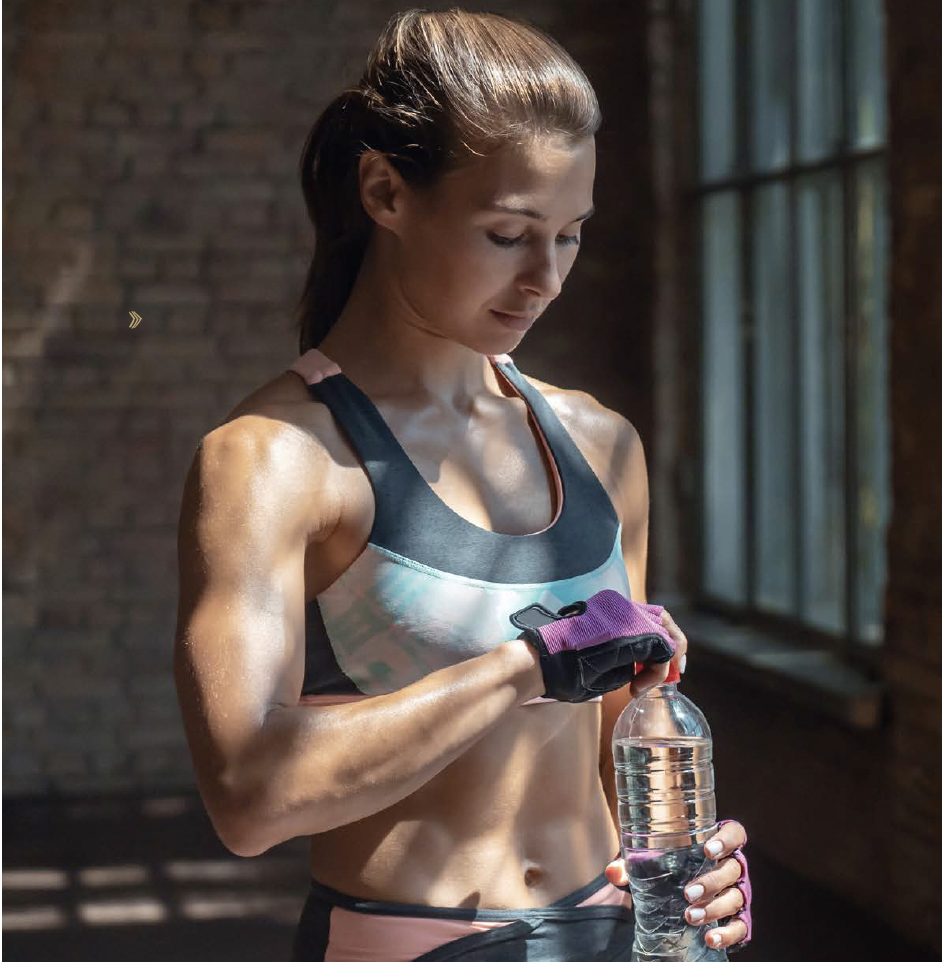By Doctor Claude Chauchard
A woman’s legs define her figure, lightness of movement, grace and elegance.
One phenomenon has a great impact on the legs, this symbol of beauty and even sexuality: water retention. It starts as a swelling around the ankles then, as it worsens, spreads to the calves, knees and sometimes even the belly, leading to characteristic bloating.
This swelling is generally due to the body’s inefficient regulation of water and salt, and often becomes more pronounced at certain times in a woman’s life: periods, contraception, pregnancy, pre-menopause.
We need to understand what is happening so that we can find a suitable way of dealing with this physical phenomenon, which deforms the shape of the legs.
As we know, the body is made from 65% to 70% water. Two-thirds of this water is found inside the cells (intracellular fluid). Two hormones are responsible for water regulation in the body via the kidneys: antidiuretic hormone (ADH) or vasopressin for water and aldosterone for salt.
Vasopressin is fairly unpredictable, especially in our advanced years, and this can affect both men and women, who then find themselves having to deal with water retention.
These two hormones influence the blood pressure by osmotic pressure, which attracts water, and hydrostatic pressure generated by the cardiovascular system. If the blood pressure drops rapidly, the body needs to retain water and salt in order to bring it back to normal. Conversely, if the blood pressure is high, war is waged on salt.
So, there you have a brief explanation of the water retention mechanism. Now for some recommendations about how to combat it:
Fast for 18 hours or refrain from ingesting food from 4pm until the following day
Drink aquaretic herbal teas that contain parsley, mouse-ear chickweed, couch grass, fucus or blueberries, and vegetable juices containing celery, cucumber or chicory.
Salt should be avoided at all costs (except if you have low blood pressure).
Banish mass-produced ready meals, cheese, cured meats and sodium-rich mineral water
Eat proteins (ideally plant-based) to prevent water from being stored in the tissues
Stimulate your blood circulation with lymphatic drainage, cold jets of water to the legs, aqua gym and swimming, and avoid wearing tight-fitting clothes
Water retention is not caused by drinking too much water, so it is important to stay hydrated by drinking at least 1.5 litres of water per day.
Pay extra attention in the week before your period and do not hesitate to see a specialist or your GP if you cannot solve this problem by yourself. You might need to look into food intolerances or a possible hormone imbalance.
By Doctor Claude Chauchard
A renowned specialist in Nutrition, weight control and Medicine for Age Prevention. More than a million copies of 14 books sold in more than 5 languages. Founder of the Anti-Aging clinic concept La Clinique De Paris, established in China, Taiwan, Japan and Korea since 1992. Assistant professor at the universities of SEOUL and PEKING. Creator of the online Chrono Géno Nutrition method.












